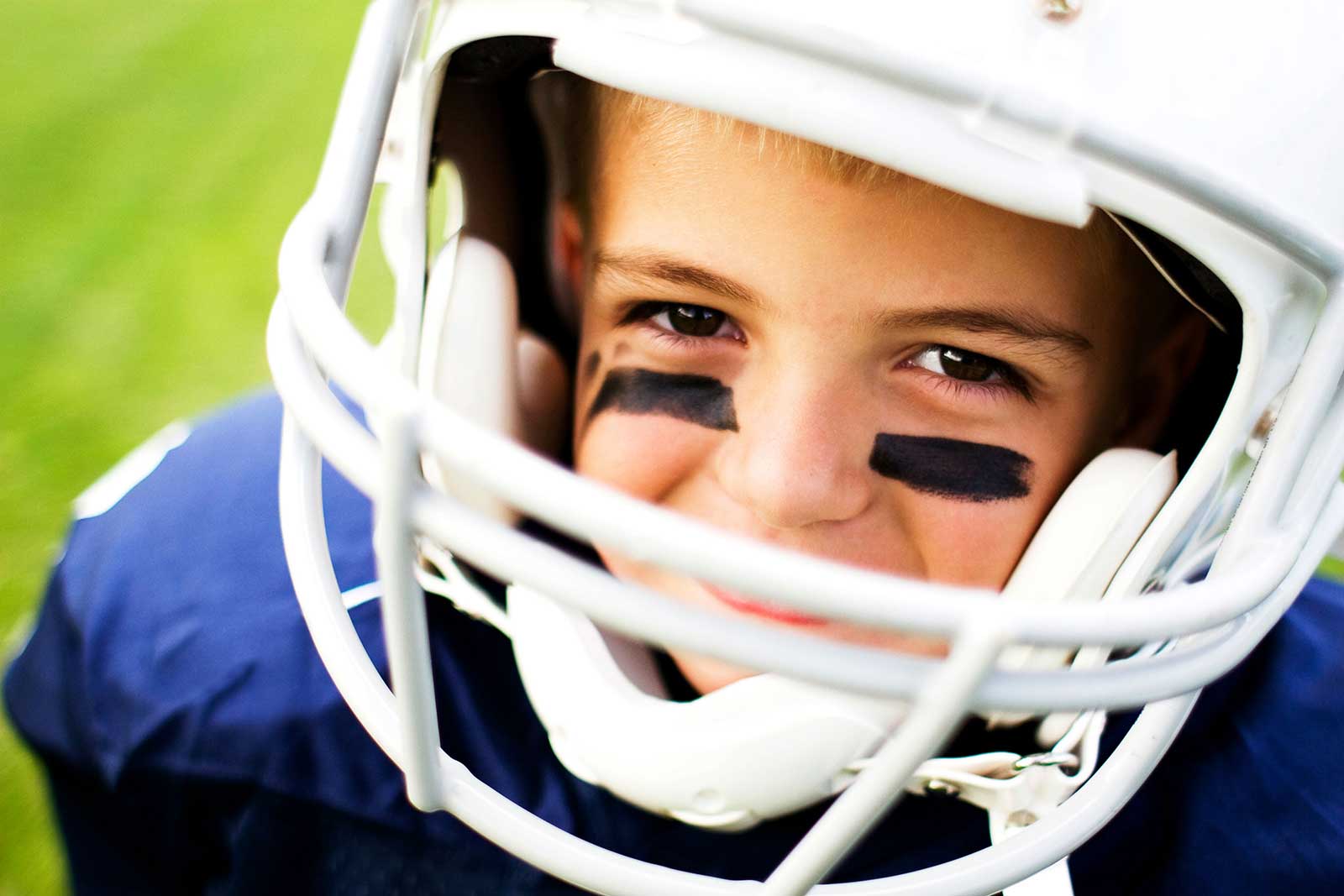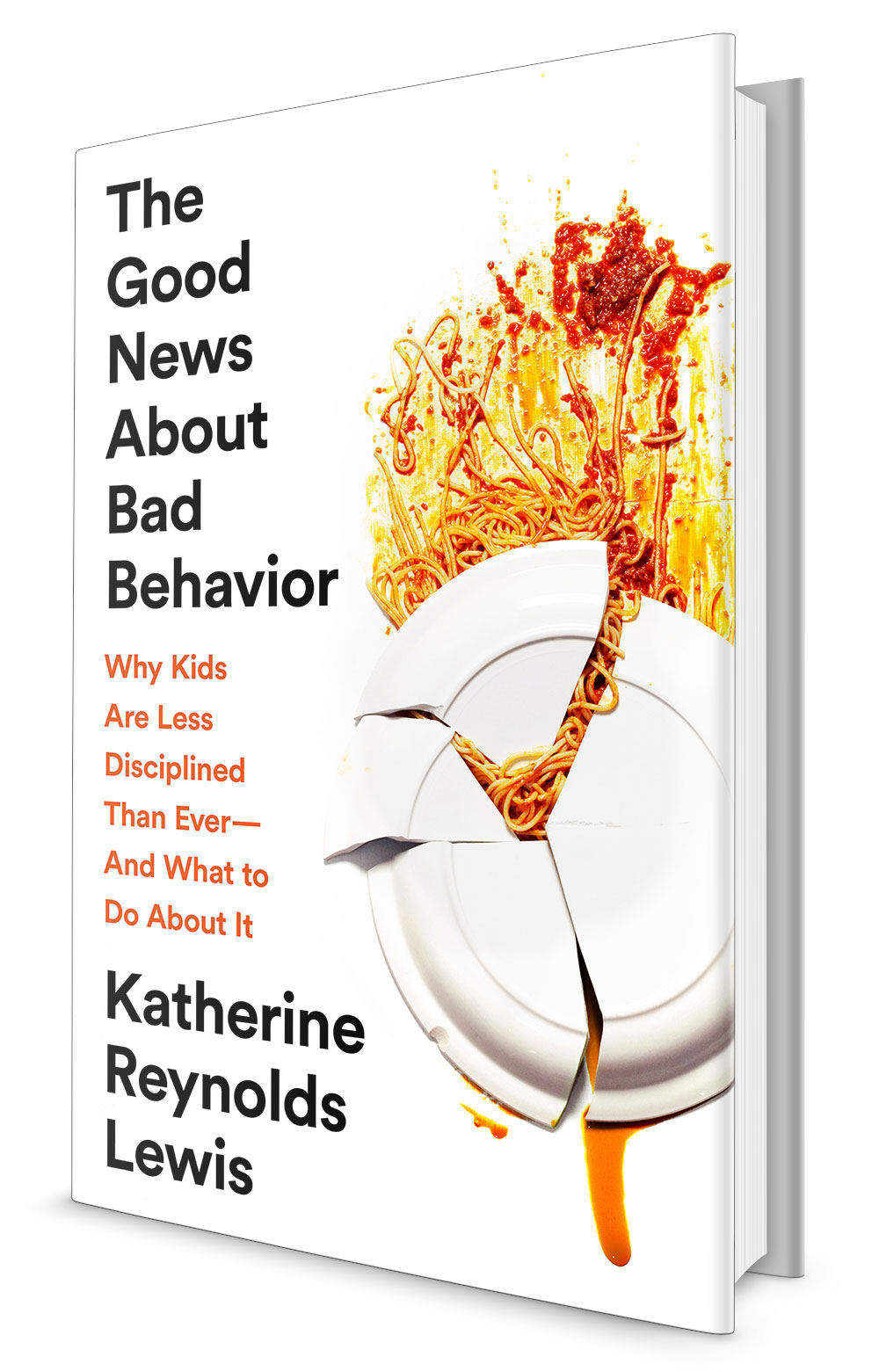The tragedy in Haiti is one that will involve aftershocks in so many ways. The efforts to rebuild will take years, and while the devastation is far away geographically, the crushing images are as close as our family rooms. I wanted to pass along some resources for fellow parents in coaching our kids through tragedy, and also suggesting some kid-friendly ways we can help the families in Haiti.
First, I loved these tips from World Vision US, a relief organization with hundreds of people helping in Haiti:
1. Start by listening. Find out what your kids already know. You can then respond in an age-appropriate way. The aim is not to worry them with the devastating details, but to protect them from misinformation they may have heard from friends or disturbing images they may have seen on television.
2. Provide clear, simple answers. Limit your answer to the question asked and use simple language.
3. If you don’t know the answer, admit it. If your child asks a question that you can’t answer, tell them so, and then do some research to try and help them sort it out. If they ask “Why did this have to happen?” don’t be afraid to say “I don’t know.” If you are part of a faith community, the reassurance offered there can be invaluable in helping your child sort through the awful truth that awful things happen.
4. Follow media reports or online updates privately. Young children in particular are easily traumatized, and seeing or hearing about the horrifying details of the quake are more than they can cope with. Adults, too, should ensure they are dealing with their own emotions by talking to others, so they can continue to respond well to their childrens’ need.
5. Concentrate on making them feel safe. When tragedies occur, children wonder if the same event could happen in their hometown. If it was an act of nature that could not be repeated in your area, tell children that. Placing themselves in the situations of victims is not all bad—it is a sign of empathy, an essential life skill, but watch for signs of excessive worrying.
6. Give children creative outlets. Some children may not be prepared to speak about what they have heard, but may find drawing or other creative activities helpful to deal with their emotions and stress. Their drawings can be helpful starting points for conversation.
7. Model involvement and compassion. Tell your child that, as a family, you will be helping the people in Haiti by giving a donation to a reputable charity.
8. Give your child a chance to be involved. Being involved in the solution will help relieve some of their anxiety. Invite them to contribute to the family’s gift by giving something out of their piggy bank.
Editor’s Note: These are great tips! I also wanted to share a video that offers a calm and common sense approach to parenting through a tragedy.
To help, The American Red Cross has a great link where you can read quick descriptions of different relief efforts and donate according to what looks best to you. Click here for more info.
A fabulous and very creative kid-oriented way to help just came across my desk from Laurie F., Mom Since 1998 (MS’98) – so thanks to Laurie for this tip:
Check out FreeRice – your kids answer questions, and for each correct answer, 10 grains of rice are donated to those in need. The donations are currently going to Haiti. I just checked it out and donated 100 grains of rice in a matter of minutes; plus it’s a fun challenge.
FreeRice says: “Though 10 grains of rice may seem like a small amount, it is important to remember that while you are playing, so are thousands of other people at the same time. It is everyone together that makes the difference.”
Also, the non-profit site donates 100% of the money raised to the UN World Food Program to help feed the hungry. The website is committed to ending hunger around the world.
Many news organizations have researched and compiled ways to donate. Click here for a great example and compilation from our local NBC affiliate.







Thanks for offering this. I’d much rather pick up ideas via somebody, in lieu of a company site, that is precisely why I favor blogs so much. Thanks!
I had to read your post three times to get the full impact of it. I appreciate reading what you have to say. It’s too bad that more people do not comprehend the benefits of coaching. Keep up the good work.